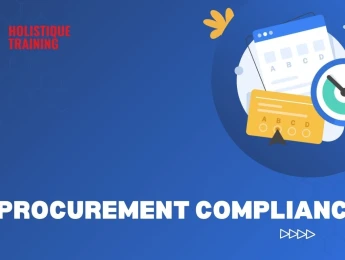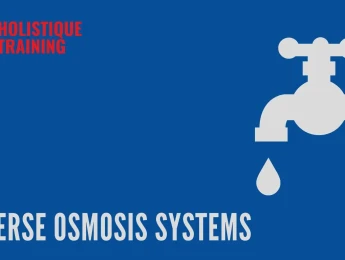Service Level Agreements (SLAs) define the types and standards offered by a service provider to its customers. They help manage customer expectations, define parameters for performance issues, and specify the consequences of non-compliance with the agreement.
This course is focused on the role of SLAs in meeting the organisational needs of companies in long-term relationships with external service providers. You need to know how your corporate partnerships will operate and how to address any problems that arise. In addition to learning how to create SLAs, you will also understand SLA structures, strengths, and weaknesses.
Upon completion of this course, participants will be able to:
- Understand the core elements of SLAs and their applicability to your organisation.
- Develop, draft, and manage SLAs.
- Describe SLA negotiations with internal and external suppliers.
- Articulate applicable quality outcomes in an agreement.
- Assess SLA performance using scorecards and establish benchmarks for future SLA development.
This course is intended for:
- Professionals in Service Delivery and Quality Assurance
- Contract Administrators
- Project Coordinators
- Purchasing and Procurement professionals
- IT professionals
- Anyone involved in planning, managing, and delivering tenders and awards
This course uses a variety of adult learning styles to aid full understanding and comprehension. Participants will review case studies to highlight key areas of importance and possible areas for faults. They will be supplied with the best tools required for learning exercises to improve their skills. Participants will analyse the examples to thoroughly understand how these skills, techniques and methods apply in the workplace.
Day 5 of each course is reserved for a Q&A session, which may occur off-site. For 10-day courses, this also applies to day 10
Section 1: Overview of Service Level Agreements (SLAs)
- Examine the importance of measuring performance quality.
- Identify how, when, and why SLAs support the attainment of quality.
- Determine the main objectives of an SLA.
- Explain the difference between SLAs and contracts.
- Describe SLAs for services from contractors.
- Discuss the use of SLAs between departments in an organisation.
Section 2: Main SLA Components
- Identify the services being measured.
- Describe the common measures of quality.
- Outline how to manage, measure, and report service performance within governance frameworks.
- Define customer duties in the context of an SLA.
- Examine how to manage issues through risk-sharing in an SLA.
- Discuss the process and effects of terminating an SLA.
Section 3: Draft an SLA
- Review the fundamentals of drafting agreements.
- Examine a model SLA design.
- Identify the key elements of a quality SLA.
- Discuss the importance of using applicable and consistent measurement language.
- Determine strategies to encourage SLA adoption and achievement.
- Review the common components in SLA checklists.
Section 4: Managing an SLA
- Outline review processes for SLAs.
- Describe how escalations can manage the performance of quality.
- Explore how to manage changes to keep an SLA current.
- Outline negotiation strategies to manage variations in the agreement.
- Discuss options for intervening with underperforming contractors.
- Develop a process to review current SLAs and incorporate the findings in future SLAs.
Section 5: Managing SLAs Through Scorecards
- Discuss the development of using scorecards to assess SLAs.
- Describe how scorecards can contribute to process quality improvements.
- Outline how to align an SLA with corporate objectives.
- Determine methods of balancing stakeholder needs.
- Identify the required KPIs to support an SLA.
- Plan and build a scorecard to measure an SLA.
Upon successful completion of this training course, delegates will be awarded a Holistique Training Certificate of Completion. For those who attend and complete the online training course, a Holistique Training e-Certificate will be provided.
Holistique Training Certificates are accredited by the British Assessment Council (BAC) and The CPD Certification Service (CPD), and are certified under ISO 9001, ISO 21001, and ISO 29993 standards.
CPD credits for this course are granted by our Certificates and will be reflected on the Holistique Training Certificate of Completion. In accordance with the standards of The CPD Certification Service, one CPD credit is awarded per hour of course attendance. A maximum of 50 CPD credits can be claimed for any single course we currently offer.
- Course Code PO3-105
- Course Format Classroom, Online,
- Duration 5 days













